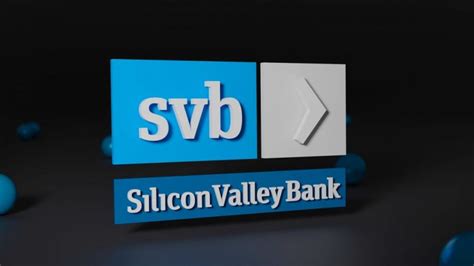Some myths die hard. Or, don’t die at all. One is the myth of the self-regulating market; rational bankers would not (surely not!) take such risks with their own and their depositors’ money that their institutions would be bankrupt (or need a government bailout). That was Alan Greenspan’s libertarian, Ayn Rand inspired view of “the markets,” in the run up to capitalism’s near meltdown. You’d think that the myth of the self-regulating market would be laid to permanent rest after the 2008 financial crisis, which was largely caused by people and institutions taking on outsize risk for short term profits. Only a massive government bailout saved capitalism from itself.
History repeated itself last Friday with the second largest bank failure in U.S. history: the collapse of Silicon Valley Bank in California.
The Dodd-Frank Wall Street Reform and Consumer Protection Act that followed was meant to provide greater safety for banks’ depositors and the overall US financial system. It provided “stress tests” for large and mid-size banks, but, once the banking system was bailed out by the taxpayers, the memory of catastrophic bank failures receded. Thus, during the Trump Administration, the time was ripe for bank lobbyists to carve out exceptions to the rules, and allow “smaller” banks a reprieve from the regulatory stress tests. With narrow margins, the changes passed muster in Congress, and Donald Trump signed the changes into law.
The ironies here are abundant, and maddening. Silicon Valley Bank catered to high tech startups, and was part of a libertarian culture that government is always bad and entrepreneurship is always good. “Move fast and break things,” went the old Facebook motto, pre-Meta. The CEO of Silicon Valley Bank, Greg Becker, lobbied hard to undo Dodd Frank’s applicability to “smaller” banks. Just hours before a government rescue last Friday, the bank’s executives, knowing that the bank –– the 18th largest in the U.S. –– was about to go under without government support, took bonuses based on 2022 performance criteria.
Every federal lobbyist that has registered to work on behalf of Silicon Valley Bank swung through the so-called “revolving door” between the federal government and private sector.
Silicon Valley Bank first hired federal lobbying firms DLA Piper and Franklin Square Group in 2009. All seven of Silicon Valley Bank’s registered lobbyists in 2022 previously held jobs in the government responsible for overseeing and regulating financial institutions, according to OpenSecrets data, and all are or were partners at Franklin Square Group.
Franklin Square Group has reported receiving more than $1.9 million from Silicon Valley Bank since 2009. Silicon Valley Bank — and other big banks –– ramped up lobbying efforts to weaken banking regulations enacted after the 2008 financial crisis by the Dodd-Frank Wall Street Reform and Consumer Protection Act.
If a conservative is a liberal that’s been mugged, perhaps a fan of “regulated capitalism” is a libertarian who needed a government hand.
Or perhaps not. The myth of self-regulating capitalism –– an essential libertarian idea and ideal ––will rise again. Count on it, along with more banking crises in the future. Experience is a great teacher, but if you are only interested in your own profits (or bonuses), the collapse of the financial system as a whole is not something a true libertarian would seriously consider or learn from.
